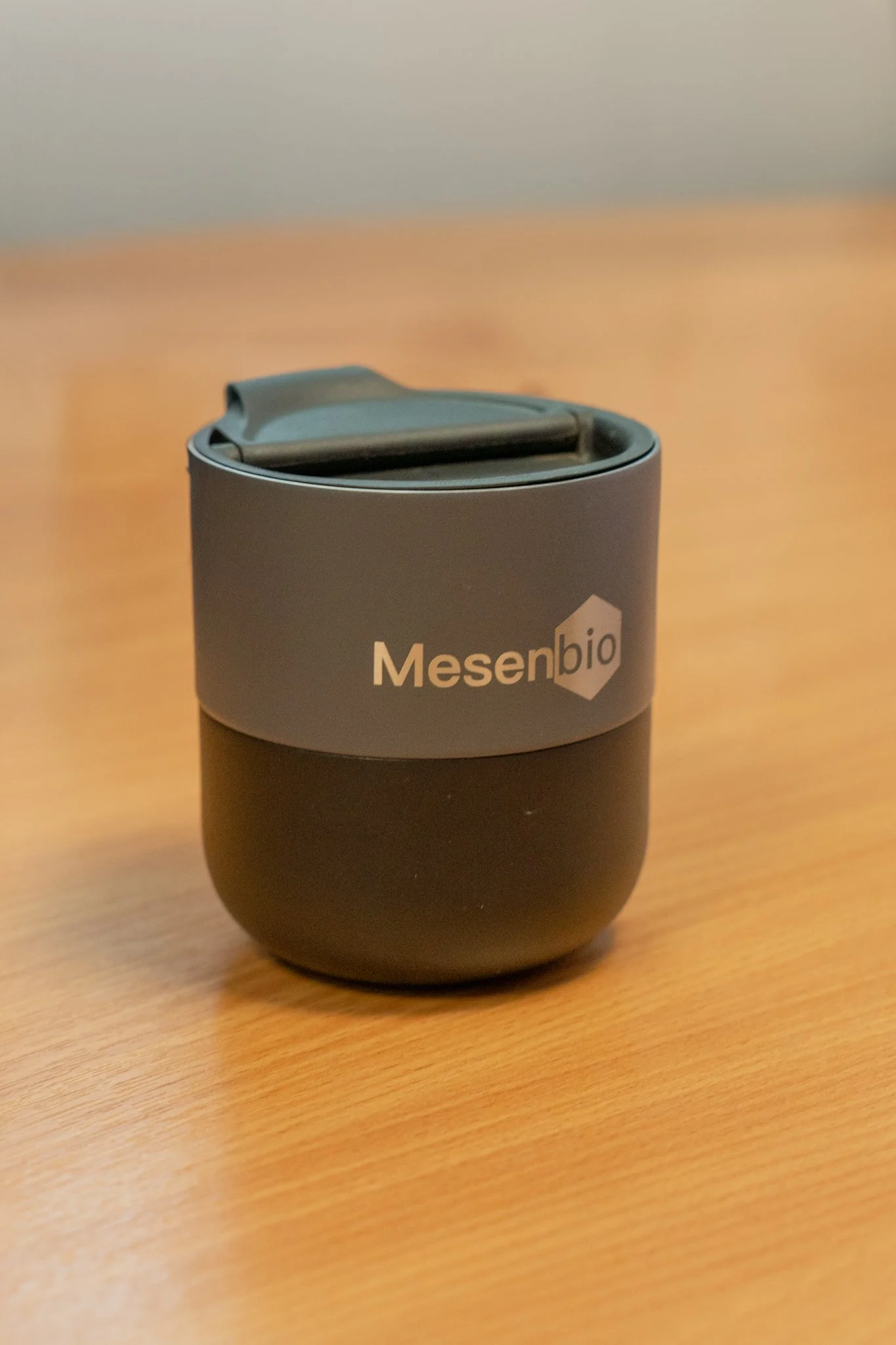The Science Behind Our Innovation
Decades of expertise in mesenchymal stem cells and extracellular vesicles
The EV Therapeutic Revolution
Transforming Medicine Through Cellular Communication
Extracellular vesicles (EVs) represent one of the most exciting frontiers in regenerative medicine, offering a novel approach that harnesses the body's own intercellular communication systems for therapeutic benefit. Unlike traditional pharmaceuticals that target single pathways, EVs deliver complex, multimodal signals that can modulate immune responses, promote tissue repair, and restore cellular homeostasis.
The therapeutic potential of EVs stems from their natural role as messengers between cells, carrying bioactive cargo including proteins, lipids, and nucleic acids that influence recipient cell behaviour. This sophisticated signalling mechanism enables EVs to address disease at multiple levels simultaneously, offering advantages over conventional single-target therapies.
The Consistency Challenge in EV Production
Mesenbio is advancing a new generation of EV therapeutics powered by FT-01, our proprietary, immortalised mesenchymal stem cell line.
FT-01 delivers consistency.
Despite their therapeutic promise, EV-based treatments have faced significant obstacles in clinical translation. The primary barrier has been consistency: traditional production methods rely on primary donor cells that vary significantly between individuals and over time, resulting in EVs with inconsistent properties and therapeutic effects.
This variability has made it difficult to establish standardised manufacturing processes, regulatory approval pathways, and predictable clinical outcomes. The field has recognised that realising the full potential of EV therapeutics requires a fundamental shift toward consistent, scalable production methods.
From MSCs to FT-01: Scientific Innovation
Developing the Optimal Cell Source
Our scientific journey began with a comprehensive evaluation of mesenchymal stromal cell sources and their EV production characteristics. Through systematic research, we identified key criteria for an ideal EV-producing cell line: consistent bioactive cargo, stable growth characteristics, robust EV yield, and maintained therapeutic properties over extended culture periods.
-
FT-01 emerged from rigorous screening of mesenchymal stromal cell populations, identifying a single clone with optimal, stem-like characteristics for EV production. This clonal approach ensures that every cell in our production system shares identical genetic and phenotypic properties, eliminating the source of variability that has limited traditional EV production.
-
Through an established immortalisation process, FT-01 maintains the therapeutic properties of mesenchymal stem cells and conveys these to EV cargo, while enabling unlimited expansion for commercial-scale production.
-
FT-01-derived EVs undergo comprehensive characterisation to ensure consistent therapeutic properties:
Size distribution and morphology analysis
Protein and RNA cargo profiling
Bioactivity assessment in relevant assays
Stability and storage condition optimisation
Batch-to-batch consistency validation

Research Foundation and Publications
Evidence-Based Platform Development
Our platform development is grounded in rigorous scientific research and peer-reviewed validation. Key publications demonstrate the therapeutic potential of mesenchymal stem cell-derived EVs and provide the scientific foundation for our clinical translation efforts.
-
Mesenchymal stromal cell biology and EV biogenesis mechanisms
Therapeutic applications in inflammatory and degenerative diseases
Manufacturing process development and scale-up strategies
Quality control and characterisation methodologies
Regulatory science and clinical translation pathways
-
Our research efforts are enhanced through strategic collaborations with leading academic institutions and clinical centers. These partnerships provide access to disease models, clinical expertise, and regulatory guidance essential for successful therapeutic development.
-
Current research programs focus on:
Novel therapeutic applications for FT-01 platform
Next-generation manufacturing and characterisation technologies
Biomarker development for clinical translation
Combination therapy approaches
Advanced EV engineering and targeting strategies



